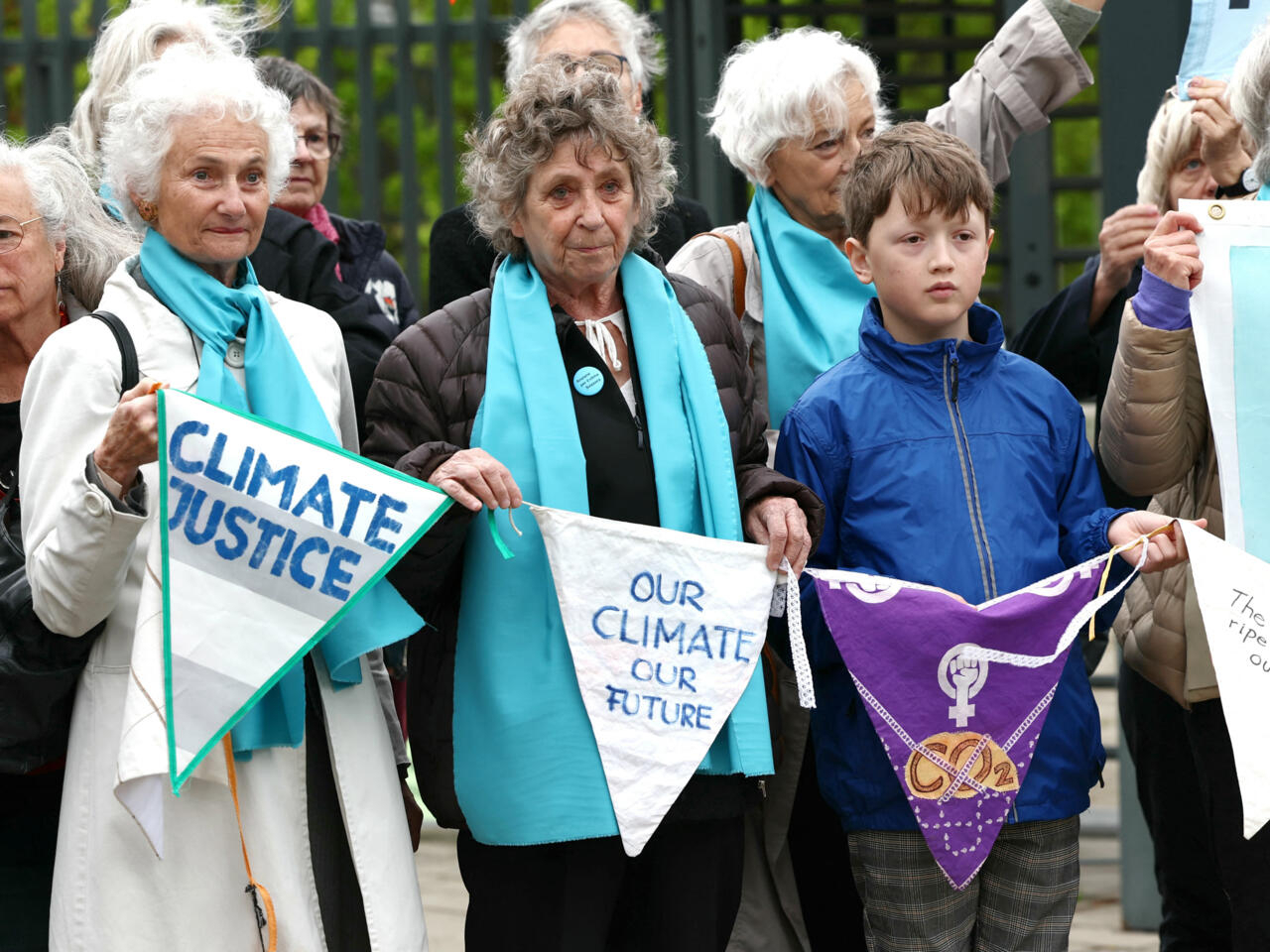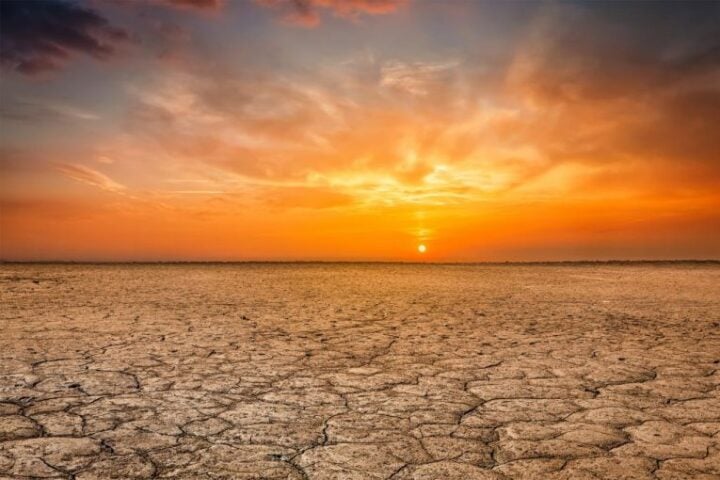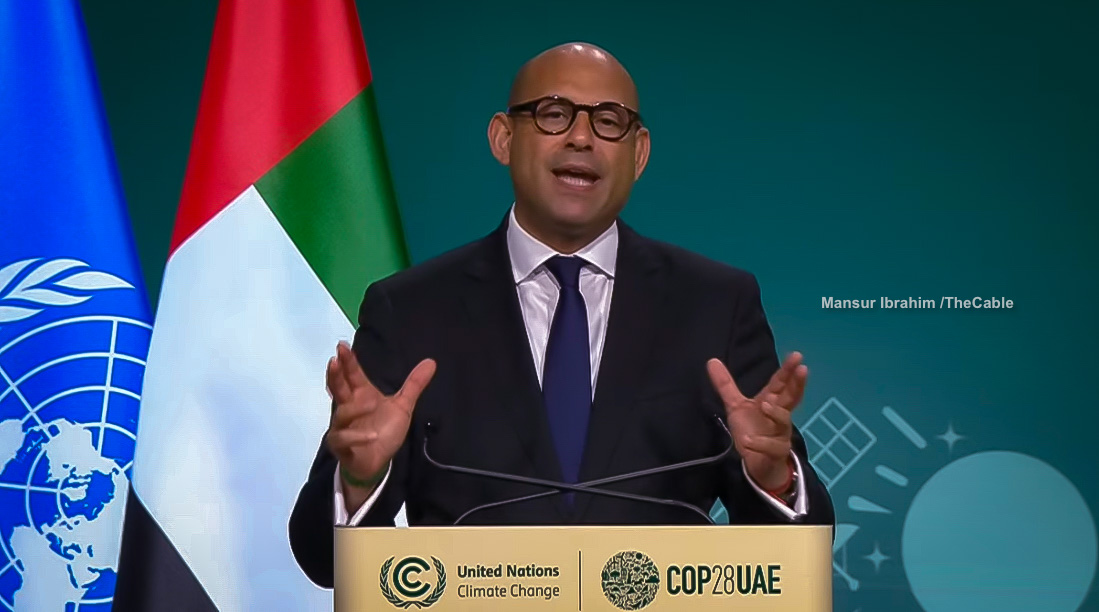Swiss women win case in European human rights court. Photo credit: France 24
A group of older Swiss women have won the first ever climate case in the European Court of Human Rights.
According to the BBC, the women, mostly in their 70s, said their age and gender made them specifically vulnerable to the effects of climate change, particularly heatwaves.
They argued that they are unable to leave their homes and suffer health attacks during heatwaves in Switzerland.
After the hearing, the court, which was ruling on global warming for the first time, said Switzerland’s efforts to meet its emission reduction targets had been grossly inadequate.
Advertisement
“Switzerland has failed to comply with its duties under the convention concerning climate change,” the court ruled.
The court also found that “there had been critical gaps” in the country’s policies to tackle climate change, including failing to quantify reductions in greenhouse gases.
Expressing her excitement after the ruling, Rosemarie Wydler-Walti, one of the leaders of the Swiss women, said: “We still can’t really believe it. We keep asking our lawyers, ‘is that right?’, and they tell us it’s the most you could have had. The biggest victory possible.”
Advertisement
The ruling has the potential to influence the law in 46 European countries including the UK.
Climate litigation is becoming commonplace in recent times. A 2023 report by the UN environment programme (UNEP) showed that people are increasingly turning to the courts to combat the climate crisis.
“As of December 2022, there have been 2,180 climate-related cases filed in 65 jurisdictions, including international and regional courts, tribunals, quasi-judicial bodies, or other adjudicatory bodies, such as special procedures at the United Nations and arbitration tribunals. This represents a steady increase from 884 cases in 2017 and 1,550 cases in 2020,” the report reads.
This type of litigation is likely to gain traction in the coming years if governments keep failing on their pledges to drastically reduce greenhouse gas emissions and limit global temperature rise to 1.5C.
Advertisement






